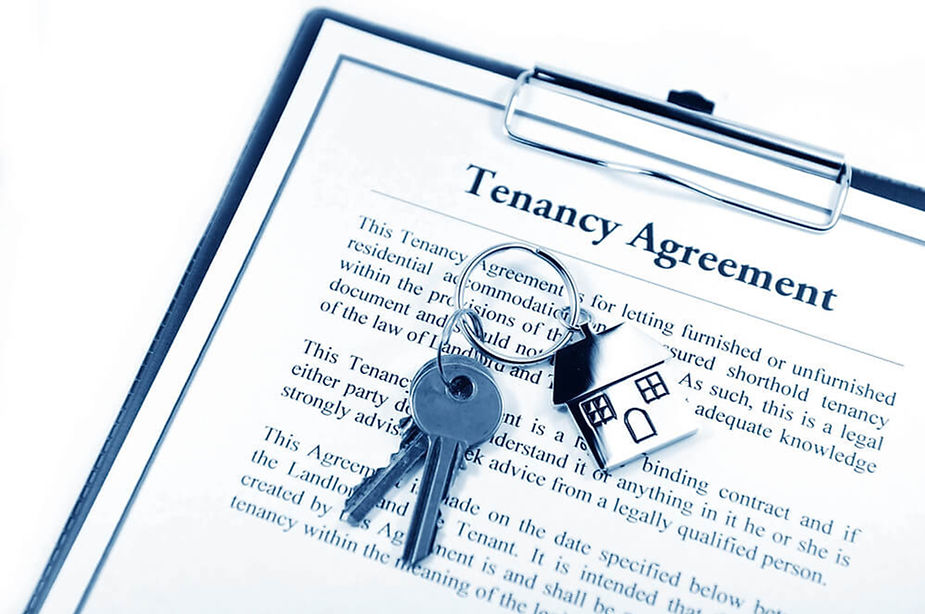Updated: Sep 5
Being a landlord and owning your own property is a lucrative investment that generates a steady income, property value growth, among various other benefits.
In the strained economy that our nation is currently navigating through, rent prices are decreasing across various major cities and areas, where many property owners are seeing an uncertain future and ultimately, trying to get out of their landlord gig.
Even if the economy was thriving, there are plenty of other reasons why property owners could choose to sell their space; relocation, lack of time and resources for upkeep/management, or a better investment opportunity presented itself elsewhere.
Many property owners may want to sell their home, condo, cottage or any other type of housing complex, with tenant(s) currently occupying their space.
In order to do so, you’ll need to take a few factors into account, such as your own needs as a seller, plus the legal rights of the tenant under the lease or rental agreement.

Can I Sell my Rental Property with Tenants in it?
HomeFront is here to make selling your property quick, easy and seamless as possible.
If you’re a landlord wondering whether you can sell your property with tenants currently residing in it, the answer is yes.
Most states in the U.S. give tenants the right to remain in a rental property after a sale, until their lease or rental agreement expires.
Even if your tenants aren’t paying rent, you can still sell your property to HomeFront and we’ll manage the rest for you.
Privately selling your tenant-occupied property with HomeFront is easy and much less complex than selling your tenant-occupied space the traditional way.
When you sell your currently-rented or leased property the traditional way, buyers may be much less likely to buy your space, unless they have the time to wait around for your tenants’ lease to end.
Should I: Sell a Property with a Tenant?
Depending on your situation, you should consider whether or not you’ll want to sell your property to us with tenant(s) currently living in your space.
HomeFront recommends that you weigh out the pros and cons before selling to us, in order to ensure that you’re fully comfortable with your ultimate decision.
Selling Tenant Occupied Property
HomeFront understands that selling your home can be emotional, stressful and be much more complicated than you may initially think.
Whether you need to get out of your current space because of a pending foreclosure, taxes, code violations, divorce, inheritance, property maintenance issues, trouble tenants or anything else, a private investor like HomeFront can help speed the home-selling process up when you need us the most.
Here are some facts to keep in mind when you’re selling tenant occupied property:
- If you sell your house when you have renters and they’re currently under a lease, the lease will remain intact even after you sell your space to another buyer. Even if your tenants aren’t paying rent, the lease simply continues to the new buyer.
- When you have tenants currently occupying your space, the market for buyers is limited to investors (like us) and homebuyers who have the ability to wait out your lease term.
- While you can ask your renters to leave early, they have the legal right to refuse. At this point, you are left with the option of serving a notice of intent to sell, after which, the normal eviction process will begin. HomeFront does not require a tenant-free space when we buy, so if your tenants don’t want to leave, and you don’t want to deal with the hassle of an eviction, give us a call to discuss your situation.
- If your tenant is living in your property month-to-month, you have two options to consider. Either, end the tenancy by giving the individual a notice required under state law, or simply have them continue residing while HomeFront purchases your property. The new lease will transfer over to a new buyer (HomeFront) along with property.
As a prominent homebuyer in Spokane WA, HomeFront is happy to buy your space with an existing tenant residing in it, even if the tenant isn’t paying.
For more information on how we do business, visit our website!
Please always refer to a local real estate attorney for current laws and regulations in your area.







